by Dominic Daley
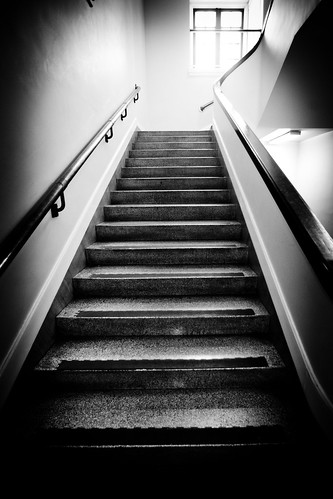
Eric gasped awake. He had been sleeping. Was it sleep? He remembered his arm sliding down the edge of his hospital bed sheets, the IV tugging at his wrist.
He was at the edge of a small blue room. In front of him, a staircase disappeared upwards, and a wooden table stood to his left. Eric gathered himself, got to his feet and saw that there was a sheet of paper on the tabletop, with words inscribed upon it in cursive and a ballpoint pen to one side. He looked closer.
Consider your life,
it read.
Ask yourself:
Did you do all you wanted?
Was there anything you would change?
Was it alright to have been you?
Please write any recommendations you can think of in the box below so that we can improve the experience for others in the future.
We appreciate your feedback.
Eric considered a moment. Then he crossed out the first and the last questions and wrote beneath the second:
A little less third-period maths. A few more friends.
Better brakes on mountain bikes.
And an easier way to shave without getting spots on your chin.
Then he took the stairs.
 Dominic Daley is a final year student from the U.K. His work has appeared in Songs of Eretz Poetry, Urban Fantasist – Grievous Angel, MicroHorror, Hellnotes, and 365tomorrows. He has a twitter (@APierAppears) and a WordPress.
Dominic Daley is a final year student from the U.K. His work has appeared in Songs of Eretz Poetry, Urban Fantasist – Grievous Angel, MicroHorror, Hellnotes, and 365tomorrows. He has a twitter (@APierAppears) and a WordPress.

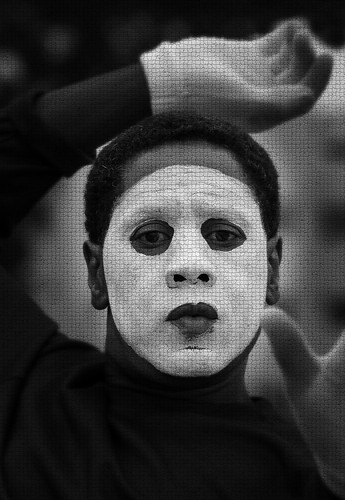
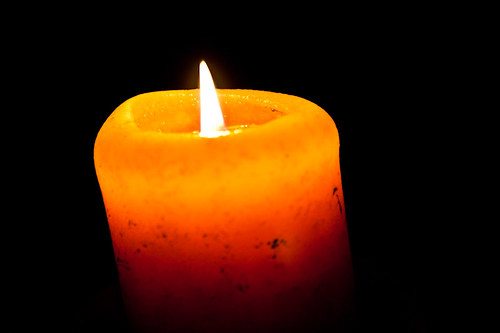
 L.L. Madrid
L.L. Madrid
 Ron Gibson, Jr. has previously appeared in Noble / Gas Quarterly, Pidgeonholes, Maudlin House, The Vignette Review, Ghost City Review, Cease Cows, Spelk Fiction, Ink in Thirds, Gravel Magazine, etc. And can be found on Twitter at
Ron Gibson, Jr. has previously appeared in Noble / Gas Quarterly, Pidgeonholes, Maudlin House, The Vignette Review, Ghost City Review, Cease Cows, Spelk Fiction, Ink in Thirds, Gravel Magazine, etc. And can be found on Twitter at 
 Ruchira Mandal has a day-job as an Assistant Professor of English Literature and tries to write in between checking millions of answer scripts. She has sporadically published travelogues in newspapers, fiction and poetry in a variety of medium and has also been part of a few indie anthologies. You can follow her
Ruchira Mandal has a day-job as an Assistant Professor of English Literature and tries to write in between checking millions of answer scripts. She has sporadically published travelogues in newspapers, fiction and poetry in a variety of medium and has also been part of a few indie anthologies. You can follow her 
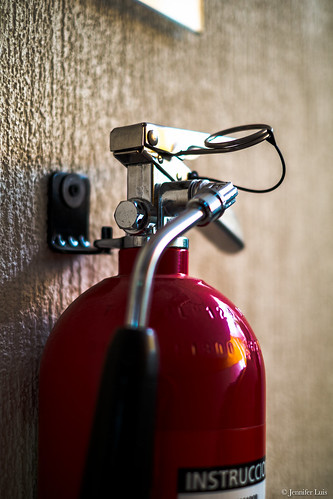
 J. Bradley is the author of the forthcoming story collection, The Adventures of Jesus Christ, Boy Detective (Pelekinesis, 2016). He lives at
J. Bradley is the author of the forthcoming story collection, The Adventures of Jesus Christ, Boy Detective (Pelekinesis, 2016). He lives at 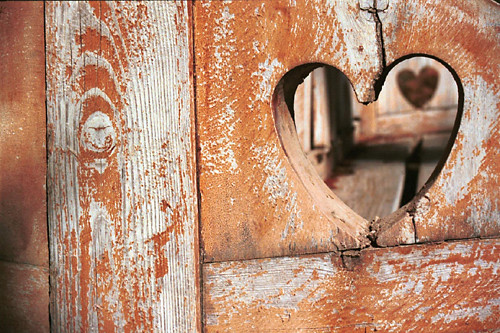

 Pamela Hobart Carter has worked as a geologist and teacher before becoming a writer. A few of her short, short plays have been produced in Seattle where she lives. More about Pam and her writing is at
Pamela Hobart Carter has worked as a geologist and teacher before becoming a writer. A few of her short, short plays have been produced in Seattle where she lives. More about Pam and her writing is at 
 Sandra has been a director, a business owner, a project manager, a bookbinder, and a mother. Her current passion is reading and writing in Calgary, Alberta, Canada, where she lives with her husband, two amazing children, and a gecko named Captain Doug.
Sandra has been a director, a business owner, a project manager, a bookbinder, and a mother. Her current passion is reading and writing in Calgary, Alberta, Canada, where she lives with her husband, two amazing children, and a gecko named Captain Doug.